From the Sundance Film Festival here is Glenn on the bone-crunching 'The Raid 2: Berandal'
"It doesn't end, does it?" asks a character in the excessively bloated sequel, The Raid 2: Berandal. He's talking about the depth of Indonesia's underworld, but I choose to take it literally and out of context, okay?! Fans of Gareth Evans' 2011 original will likely find nothing wrong in this film's 150-minute runtime - it's 9.7/10 IMDb rating only two days after its world premiere suggests just that - but as somebody who had hoped the original's 0% body fat take on the action movie formula would be given time to breathe and open up with the extended runtime, I was severely disappointed.
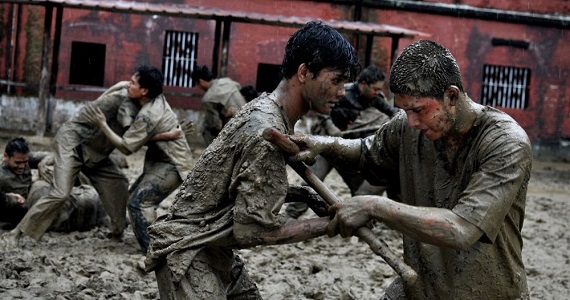 \
\
Much like The Raid (which absurdly went by The Raid: Redemption in the US), Evans' sequel sees a cop battle a seemingly endless stream of villains amongst the Indonesian underworld with little else in between. Funnily enough, it reminded me most of all of Martin Scorsese's The Wolf of Wall Street, which I also didn't like. Both are excessively indulgent and monotonous films that sap all the potential fun out of their concepts. The Raid 2 doesn't even allow its actors to revel in their villainry although I did get some enjoyment out of Ken'ichi Endô looking like Willem Dafoe. Likewise, the brief performance of Julie Estelle as "Hammer Girl" is fun and I'm tempted to compare her to a lesser Gogo Yubari from Quentin Tarantino's Kill Bill Vol 1 (a film with about ten times the amount of colour, style, fun and pizazz as The Raid 2).
Of course, looking for anything other than bone-crunching violence in one of these films is ultimately silly and futile. 150 minutes of almost constant nihilistic violence isn't my idea of a good time, although my crowd was certainly into it with clapping, laughing and hollering throughout. The action choreography is certainly impressive, there's little denying that, but eventually becomes little more than a processions of swinging fists and kicks. I enjoyed the lone, spectacularly filmed car chase sequence because it was at least a change of pace and allowed the eyes something different to concentrate on.
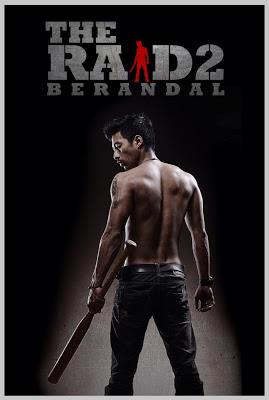 Still, when characters take on the consistency of zombies, constantly getting up and fighting despite broken bones and gushing blood, it becomes hard to take any of it seriously. It was also eye-rolling worthy to see the film's hero so routinely saved at the last second by a gunman running out of bullets just as it looked like his number was up. The blood flows freely and the pulsating film score rarely gives you a moment of peace, all adding up to a sequel that took all the of the original worst habits and amplifies them. For many, I guess that will not be a problem. For me, however...
Still, when characters take on the consistency of zombies, constantly getting up and fighting despite broken bones and gushing blood, it becomes hard to take any of it seriously. It was also eye-rolling worthy to see the film's hero so routinely saved at the last second by a gunman running out of bullets just as it looked like his number was up. The blood flows freely and the pulsating film score rarely gives you a moment of peace, all adding up to a sequel that took all the of the original worst habits and amplifies them. For many, I guess that will not be a problem. For me, however...
Grade: D+
Distribution: March through Sony Pictures Classics
 Sunday, January 26, 2014 at 3:00AM
Sunday, January 26, 2014 at 3:00AM 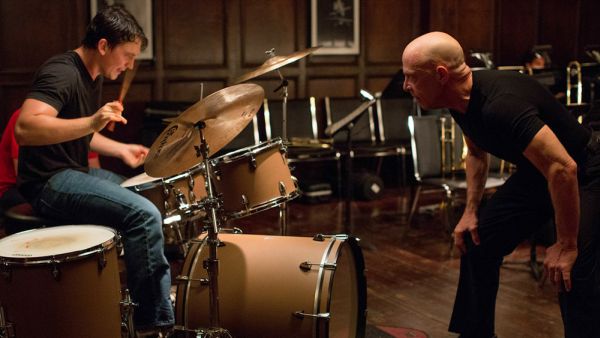



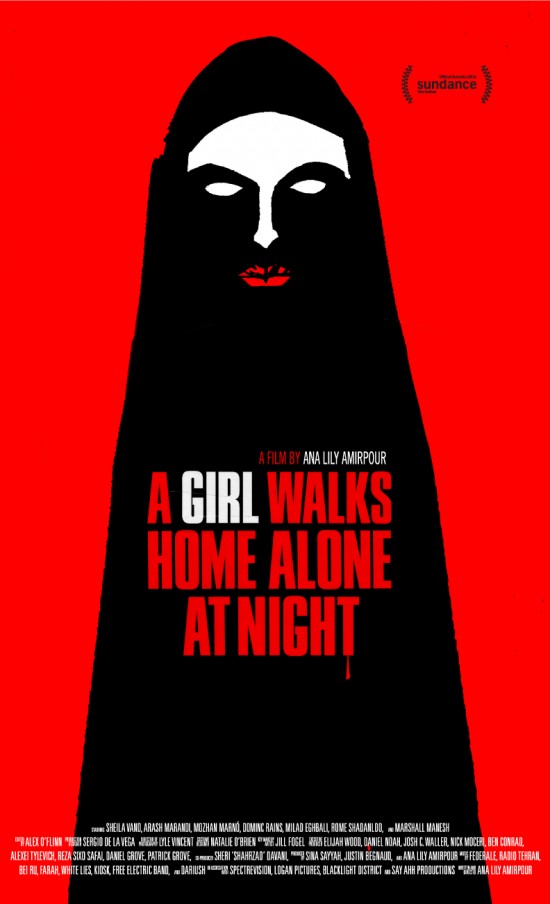
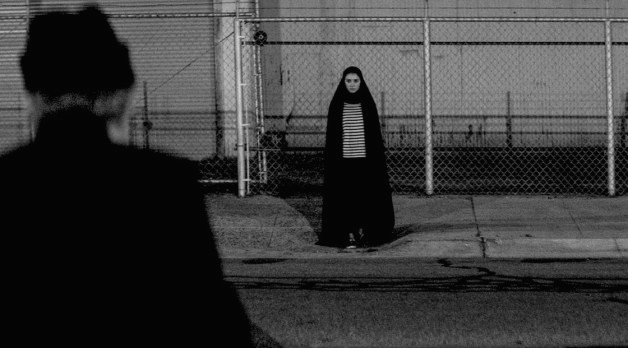
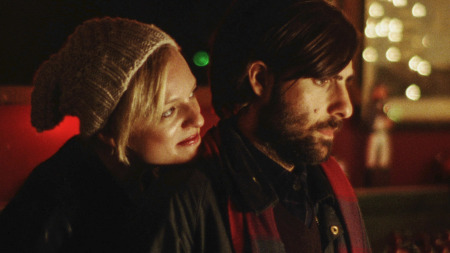
 \
\

